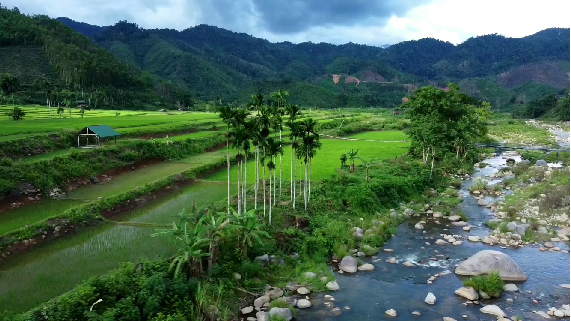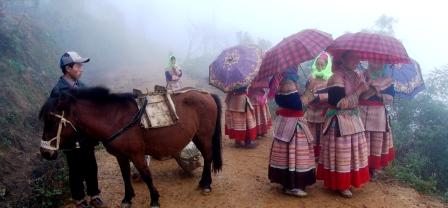
Featured
Video

01-27-2022 - 03:01:07
Livelihood sovereignty based community entrepreneur development strategy (CENDI-2015-2025)
- The Community Entrepreneur Development Institute (CENDI) is the outcome of a dynamic process of adapting to the changing needs of Indigenous Ethnic Minority Peoples in the Mekong region. This process began in 1994 with the establishment of Toward Ethnic Women (TEW), one of the first NGOs to be established in Vietnam. TEW’s main focus was upon ‘Women’s Rights’ and it oriented its activities toward improving the situation of indigenous ethnic minority women in Vietnam, a section of the ethnic minority population that was most disadvantaged due to the negative prejudices and stereotypes that were held in Vietnamese society in general, by government officials in particular, and even among ethnologists and sociologists that ethnic minorities were ‘backward’, ‘ignorant’ and ‘dirty’. In contrast, TEW valued the inherent strengths of ethnic minority women who live in nature and gain from all that nature offers via their wisdom of medicinal herbs and textile handicrafts to provide for their families’ livelihoods. TEW engaged working directly with the women in order to consolidate their strengths and promote recognition of their capabilities and thereby change community, policy maker and academic attitudes.
In 1999, in the face of government policy of displacing ethnic minority communities from their traditional lands for industrial development (a policy that had a devastating effect not only upon indigenous culture but also upon Nature), TEW up-graded its Northern Field Office to the Center for Human Ecology Studies of the Highland (CHESH) to focus more strongly upon ‘Nature’s Rights’.
The following year (2000), TEW up-graded it’s Central Field Office to the Centre for Indigenous Research and Development (CIRD) to focus upon ‘Indigenous Rights’.
From 2000 to 2005, TEW, CHESH and CIRD formed a united front in support of Women’s Rights, Nature’s Rights and Indigenous Rights in order to confront commercial and political interests that were appropriating the natural resources of indigenous peoples. In 2006, in order to provide a more concerted focus for lobbying government policy for indigenous rights to land, TEW, CHESH and CIRD were merged into the Social Policy Ecology Research Institute (SPERI). SPERI linked the results of action research undertaken in different ethnic minority communities to provide an evidential basis for government policy analysis and critique . In general, the direction of SPERI’s work has been to opposing commercial and political interests in order to defend cultural and biological diversity in the Mekong region.
Download for details






